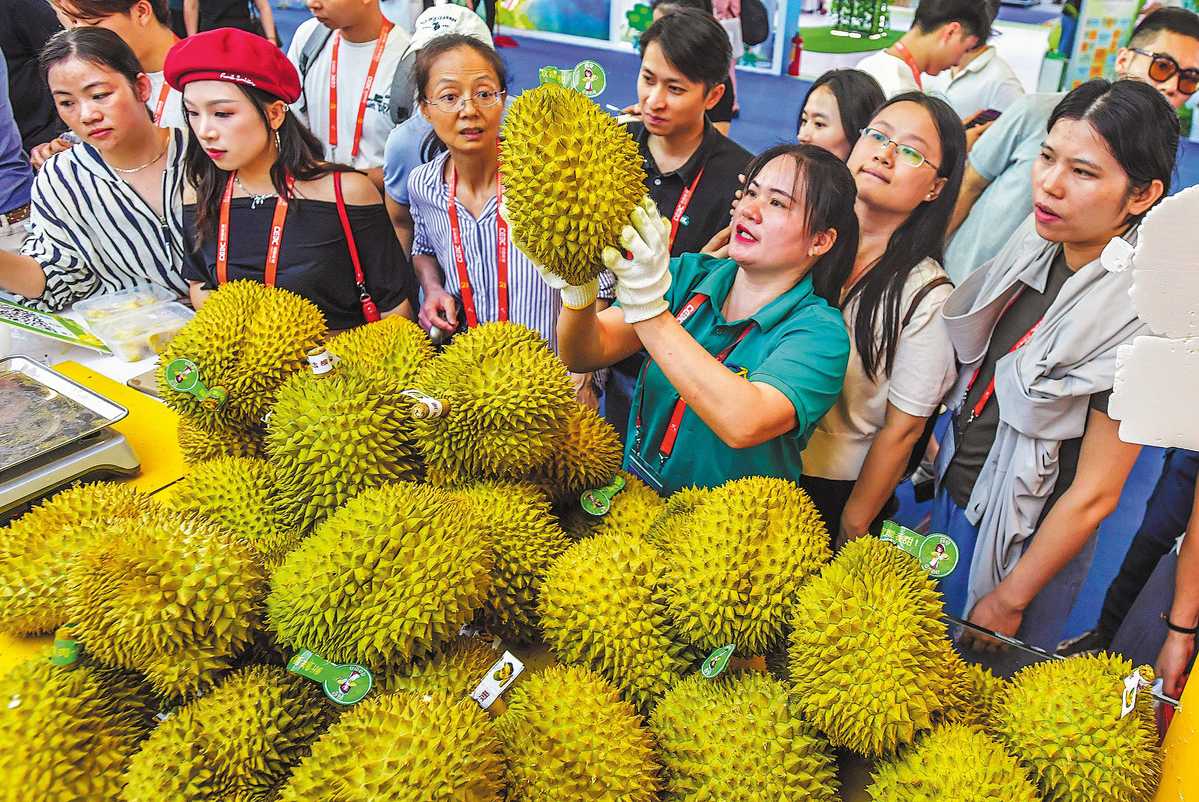Change and continuity mark Southeast Asia
Leaders of four countries in region set to bring own governance style as well as build on gains of predecessors






The paradox of change and continuity has marked the year 2024 for the Southeast Asian region. While the new leaders in Indonesia, Thailand, Vietnam and Singapore are expected to bring in their own ideas and governance style during their incumbency, they are also seen to be championing the gains of their predecessors.
Analysts said this applies to their domestic politics and respective foreign policies. The four leaders — like most leaders of the member states of the Association of Southeast Asian Nations — adhere to nonalignment, focus on expanding trade and investments, and balance their relations with major powers as they tread a more challenging geopolitical situation.
"The degree of policy continuity or adjustment by new leadership in four ASEAN members will bear on the region," said Lucio Blanco Pitlo III, research fellow at the Manila-based Asia-Pacific Pathways to Progress Foundation. But Pitlo said greater uncertainty in international affairs and gains made by the previous administration may discourage new leaders from pursuing policies that are too disruptive.
James Chin, a professor of Asian Studies at the University of Tasmania in Australia, said ASEAN's new leaders also need to promote the ASEAN spirit which has been challenged in the past few years.
"In recent years, it's been harder and harder for ASEAN to come together, to issue a communique, because some members object," Chin said, alluding to some challenges that ASEAN members are dealing with, including the crisis in Myanmar.
Indonesian President Prabowo Subianto has said that under his administration, Indonesia would continue a 'bebas dan aktif' (independent and active) foreign policy. Prabowo is perceived to have a more active foreign policy compared with his predecessor Joko Widodo.
Aloysius Lele Madja, former Indonesian ambassador to Chile, said Indonesia does not take sides and prioritizes national interest, "especially economic development for the welfare of the Indonesian people".
In his state visit to Beijing in November, Prabowo acknowledged China's support and said that it was "a strategic economic partner of Indonesia, a top investor in Indonesia".
China is Indonesia's largest trading partner and most of Chinese foreign direct investment has gone into building key infrastructure, including the Jakarta-Bandung High-Speed Railway — the first of its kind in ASEAN and a key project under the China-proposed Belt and Road Initiative.
Madja said Prabowo's diplomatic style is "more to the point". He saw Prabowo as maintaining cordial relations with both China and the US, while at the same time breaking new ground by expressing interest to join the BRICS group.




















